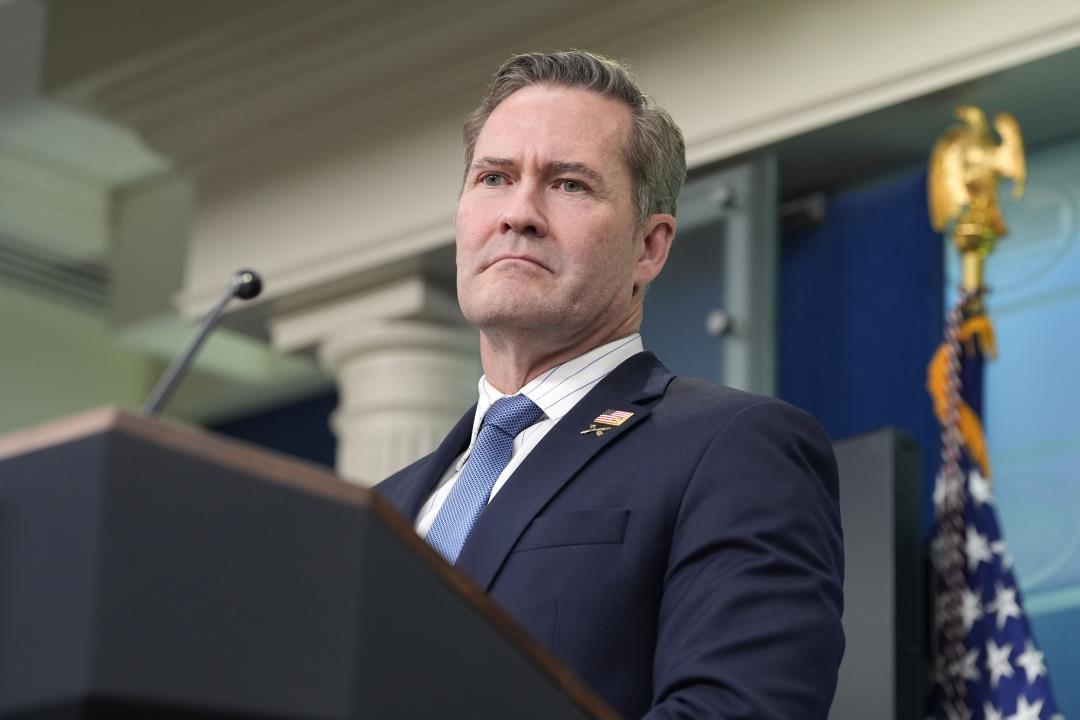Extreme Right Faces Resistance at Israel Conference
The invitation to Jordan Bardella, president of France's National Rally, at an Israeli conference on antisemitism sparks controversy. Critics question the move given the party's controversial history.
Published March 30, 2025 - 00:03am

Image recovered from huffingtonpost.fr
The political landscape in France and Israel is currently marked by controversy following the decision to invite Jordan Bardella, head of France's National Rally (Rassemblement National), to a conference on antisemitism in Jerusalem. This move has been met with criticism and skepticism from Jewish institutions within France and globally, putting a spotlight on the delicate relationship between right-wing European parties and the Jewish state.
At the heart of this contentious issue is the National Rally's historical association with far-right ideologies. Founded by Jean-Marie Le Pen, the party has long been scrutinized for harboring antisemitic sentiments. Despite rebranding efforts by current leaders like Marine Le Pen and Jordan Bardella, the skepticism persists. The invitation to Bardella for the conference, hailed by the party as a historical milestone, raises questions about Israel's political stance in engaging with such parties.
Yonathan Arfi, president of the Representative Council of French Jewish Institutions (Crif), voiced significant reservations regarding the invitation, highlighting distrust rooted in the party's past connections and seemingly unrepentant extreme positions. Arfi and others argue that the National Rally's alleged transformation is a strategic ploy aimed at political deepening rather than genuine reform, especially given Israel's own political tilt toward the far-right in its current government under Benjamin Netanyahu.
The decision has not only raised eyebrows among traditional critics of the National Rally but also within Jewish communities and political observers globally. Prominent figures have publicly distanced themselves from the event, with French philosopher Bernard-Henri Lévy and Anti-Defamation League director Jonathan Greenblatt opting out of attending. The absences signify a broader hesitation among Jewish organizations to endorse or legitimize parties with controversial histories related to antisemitism.
In response to the backlash, Jordan Bardella sought to downplay the criticism, suggesting that his participation reflects broader shifts in voter sentiment and aligns with significant support from Jewish voters in France. Yet, this assertion is overshadowed by recent controversies involving members of the National Rally, including accusations of antisemitic actions by party affiliates, casting doubt on the sincerity of their purported transformation.
Experts argue that Israel's recent willingness to engage with far-right parties is also fueled by geopolitical considerations. As Israel seeks new allies amidst shifting global alliances, the readiness to collaborate with parties previously held at arm's length marks a pragmatic yet controversial approach. Critics within Israel warn of the implications of aligning too closely with European far-right factions and urge a more cautious diplomatic strategy.
This situation reflects a broader trend in which various countries, including Israel, navigate complex political realities, balancing pragmatic alliances with ideological integrity. As the conference proceeds, the discussions and decisions made in Jerusalem may have lasting implications for international relations and the credibility of antisemitism initiatives.







